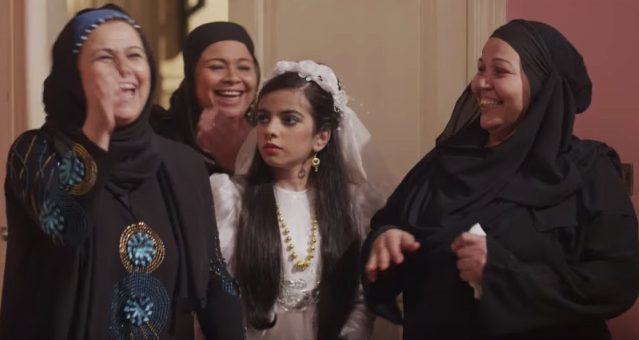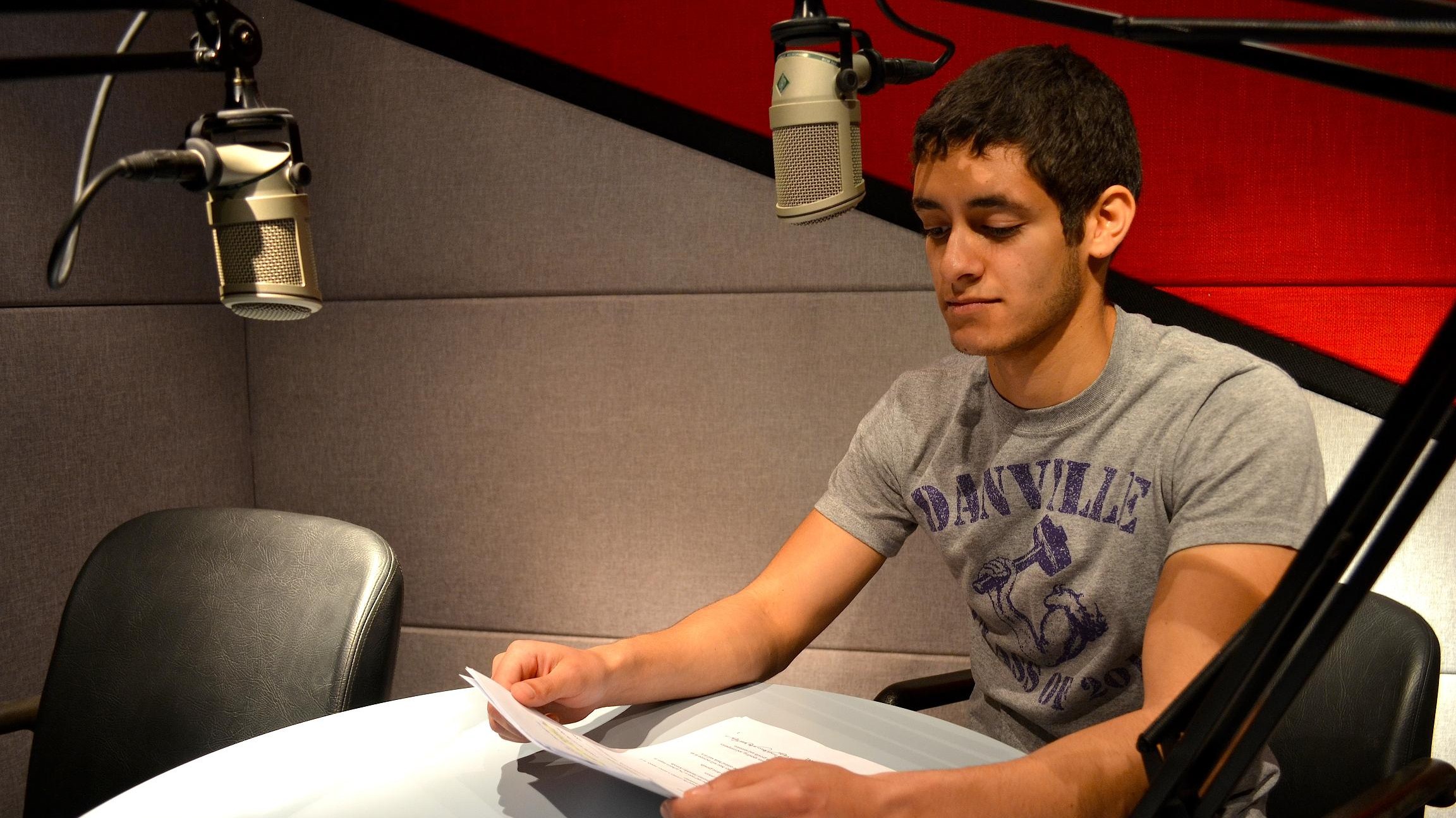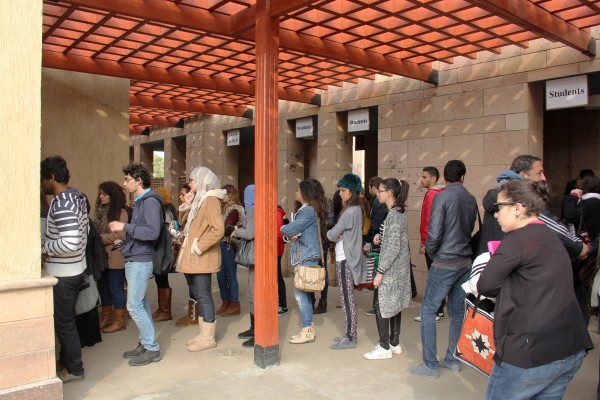Egypt Takes Steps to Eradicate Child Marriage
By: Sara Mohamed
Follow @saraaashraf3
Her young age did not shield her from becoming a ‘companion for life’. As early as 11, she became a mother with numerous responsibilities, and like many girls, trapped in a child marriage.
According to the 2017 national census released by the Central Agency for Public Mobilization and Statistics (CAPMAS), 119,000 girls married before the age of 18, comprising 15 percent of total marriages in Egypt.
The World Health Organization’s (WHO) 2016 Maternal Mortality report indicated that the primary cause of teenage girls’ deaths is pregnancy and childbirth, with 71 percent of those who marry before 18 facing serious health complications.
The report stated that 12 percent of them were subjected to abortion, 19 percent severely bled, 49 percent experienced difficulties in childbirth and 88 percent suffered from Vesicovaginal Fistula (VVF), a potentially lethal sexual disease.
“Marriage bears enormous responsibilities and stressful pressures. It subjects the girl with severe hormonal, physical and psychological alterations that exceed her capabilities at this young age,” Ahmed Saber, a psychiatrist at the Okasha Psychiatric Hospital, told The Caravan.
In his “Subjective Age and Personality Development” report, Yannick Stephan argues that the child’s personality is in continuous growth until they reach 18 years of age.
“When she’s under any pressure, it triggers her to experience psychological disorders such as Post-Traumatic Stress Disorder (PTSD), depression and personality disorders,” he added.
In efforts to combat the marriage of minors, Egypt’s National Council for Women (NCW) launched its campaign “No to Underage Marriage” on October 15, in cooperation with the Ministry of Religious Endowments and Christian clerics.
The campaign follows calls made by Egyptian President Abdel Fattah Al-Sisi to impose measures against customary marriage of underage girls.
In early October, the Minister of Health and Population Ahmed Emad El-Din’s announcement that the National Population Council is preparing a bill to outlaw child marriage, in cooperation with the Ministry of Justice, the Public Prosecution and the NCW.
The draft law will be presented at the Parliament’s third session, and will criminalize both the act and those who sign off on child marriages.
“The law will force the health institutions to constantly register the births and deaths rates, and thus impedes the registration of the child mother’s newly born,” Dr. Ahlam Hanafy, member of the NCW said.
However, some have expressed a lack of faith in the enforcement of the draft law.
“The fate of this amendment will be the same as that of sexual harassment … It will not be enforced. On a daily basis, girls go to police stations to file harassment cases against men and they’re often ignored by police officers,” Nada Nashat, advocacy coordinator at the Center for Egyptian Women’s Legal Assistance (CEWLA) told The Caravan.
Under Article 17 of the Personal Status Law (Law No. 1 of 2002), marriage of minors in a customary manner does not grant the girl legal rights, financial maintenance or a marital home.
In case the court must determine the paternity of a child, it is confirmed either by acknowledgement, people’s testimony or DNA tests.
Underage marriage is prevalent in rural villages. Families sign a marriage contract for their young girls without any legal documentation. When she reaches the legal age, the husband officially documents their marriage in the state registry.
“Egyptian law punishes the girl for a crime she herself is a victim of, and the real culprits aren’t punished,” Nashat added.
Nashat added that in some Egyptian villages the customary marriage of minors is used as a kind of trade — families marry their daughters to rich men, especially Arabs from the Gulf, in exchange for money.
Dr. Walid Al-Basyouny, a professor of obstetrics, gynecology and infertility at Ain Shams University, said that females should wait for two to three years after first their first menstruation cycle before getting pregnant in order for her ovulation to properly regulate.
The female’s physical growth is an important factor for the occurrence of a healthy pregnancy and childbirth, he added.
“The mother’s lack of awareness and experience in the children’s psychological, educational, and health needs negatively affect the child, which also puts them at risk of many health complications, such as lack of proper nutrition and inadequate breastfeeding.”
“If the government seeks to curb child marriage in Egypt, the amendment of the law is not the solution. The solution is to build more schools in the villages, since not having access to education forces families to marry their daughters earlier instead of sending them to remote schools,” said Nashat.
Hanafy also added that the solution to curb child marriage rates is to provide the appropriate educational and health services for girls.
These educational campaigns included distributing brochures to pharmacies on the health complications of child marriage in cooperation with the Pharmacist’s Syndicate.
“I was surprised by the Egyptians’ cultural leap … The families are more aware of the health complications of such practices, such as FGM can lead to Hepatitis C. This is due to the achievements of President Sisi after his interest in the women’s issue in 2017,” Hanafy told The Caravan.




